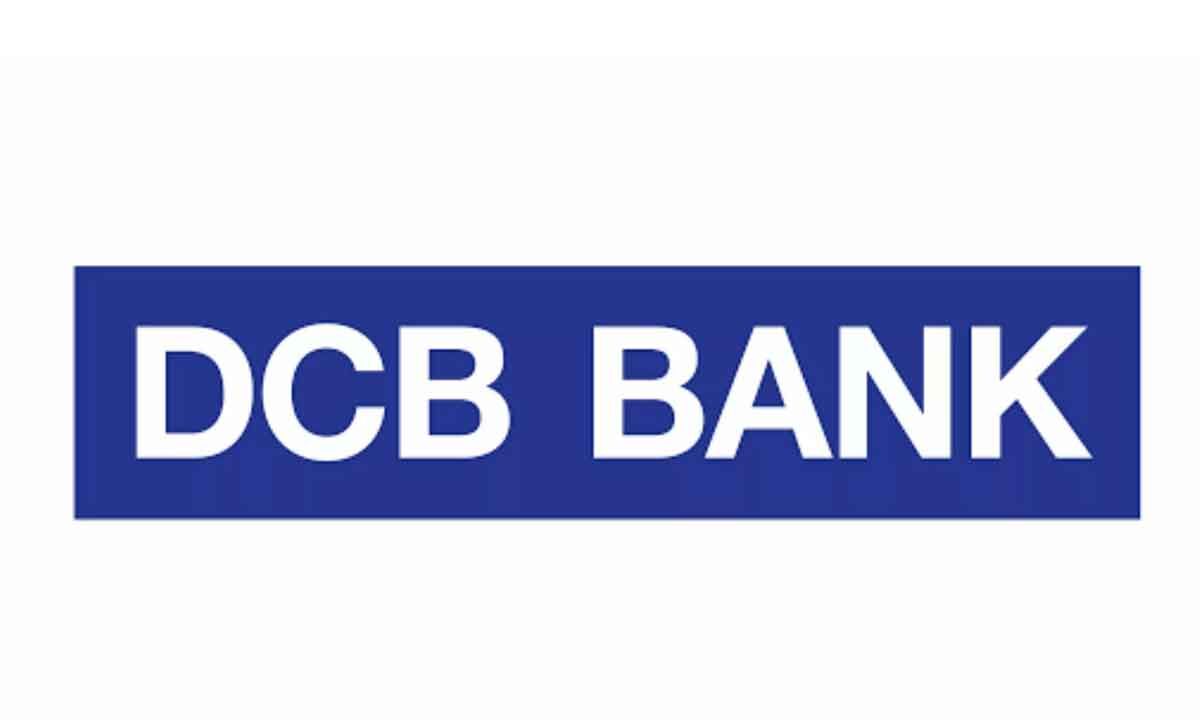Sri Shanmuga Hardwares Electricals Vs STO (Madras high court)
In a recent judgment, the Madras High Court addressed the issue of Input Tax Credit (ITC) claims in the case of Sri Shanmuga Hardwares Electricals versus the State Tax Officer. The petitioner, engaged in the trade of electrical products and hardware, contested separate assessment orders for the years 2017-2018, 2018-2019, and 2019-2020.
Stay updated! Join our Email Newsletter for exclusive Articles, updates, and announcements.
Join our Email NewsletterThe petitioner argued that despite filing nil returns in GSTR-3B inadvertently, they were eligible for ITC as reflected in their GSTR-2A and annual GSTR-9 returns. However, the assessment orders rejected their ITC claims solely on the basis of non-declaration in the GSTR-3B returns.
The Court emphasized that when a taxpayer asserts ITC eligibility with reference to GSTR-2A and GSTR-9 returns, the assessing officer must thoroughly examine the validity of the claim based on all relevant documents. In this case, the rejection solely due to non-declaration in GSTR-3B was deemed unjustified.
Consequently, the Court quashed the assessment orders and remanded the matters for reconsideration. The petitioner was granted two weeks to submit all relevant documents supporting their ITC claims. The assessing officer was instructed to provide a reasonable opportunity, including a personal hearing, and issue fresh assessment orders within two months.
This judgment underscores the importance of fairness in tax assessments and highlights the need for a comprehensive examination of ITC claims beyond mere compliance with GSTR-3B filings. It upholds the principle that eligibility for ITC should be determined based on substantive evidence rather than procedural technicalities.
FULL TEXT OF THE JUDGMENT/ORDER OF MADRAS HIGH COURT
The petitioner assails separate assessment orders, each dated 30.09.2023, in respect of assessment years 2017-2018, 2018-2019 and 20 19-2020, respectively, in these three writ petitions.
2. The petitioner carries on trade in electrical products and hardware.
By asserting that nil returns were erroneously and inadvertently filed in the GSTR-3B returns, the petitioner states that he is eligible for Input Tax Credit (ITC) in each of the above mentioned assessment periods and that this is duly reflected in the GSTR-2A returns. Consequently, the petitioner states that GSTR-9 (annual) returns were filed duly reflecting the ITC claims of the petitioner. By rejecting such claim, it is stated that the orders impugned herein were issued.
3. Learned counsel for the petitioner invited my attention to the orders impugned herein and pointed out that the petitioner had replied to the show cause notice and stated that the eligible ITC in each assessment period exceeds the tax liability. By further referring to the operative portion of the orders impugned herein, learned counsel contended that the ITC claim was rejected solely on the ground that the petitioner had not claimed ITC in the GSTR-3B returns.
4. T.N.C.Kaushik, learned Additional Government Pleader, accepts notice on behalf of the respondent. At the outset, he submits that the petitioner should have availed of the statutory remedy and not approached this Court. He further submits that the burden of proof is on the registered person to establish ITC eligibility. Since such burden was not discharged by the petitioner, he submits that no interference is called for with the orders impugned herein.
5. In each impugned order, there is reference to the petitioner’s ITC claim and the petitioner’s assertion that such ITC claim exceeds the tax liability. In the operative portion of each order, such claim was rejected solely on the ground that the petitioner had not claimed ITC in the GSTR-3B returns. By way of illustration, the operative portion of the order in relation to assessment year 2017-2018 is set out below:
“The reply filed by the registered person were verified and not accepted. Hence, tax is payable along with interest and penalty under Section 74 of the CGST Act 2017.
The above tax due to Rs. 7,77,262/- along with interest due of Rs. 7,51,262/- (approximately calculated up to 31.05.2023) has to be paid as the tax payer has not claimed any eligible ITC in GSTR 3B returns filed.”
6. When the registered person asserts that he is eligible for ITC by referring to GSTR-2A and GSTR-9 returns, the assessing officer should examine whether the ITC claim is valid by examining all relevant documents, including by calling upon the registered person to provide such documents. In this case, it appears that the claim was rejected entirely on the ground that the GSTR-3B returns did not reflect the ITC claim. Therefore, interference is warranted with the orders impugned herein.
7. For reasons set out above, the orders impugned herein are quashed and these matters are remanded for reconsideration. The petitioner is permitted to place all documents pertaining to its ITC claims before the assessing officer within a maximum period of two weeks from the date of receipt of a copy of this order. Upon receipt thereof, the respondent is directed to provide a reasonable opportunity to the petitioner, including a personal hearing, and thereafter issue fresh assessment orders within a maximum period of two months from the date of receipt of documents from the petitioner.
8. These writ petitions are disposed of on the above terms. There will be no order as to costs. Consequently, connected miscellaneous petitions are closed.
Stay updated! Join our Email Newsletter for exclusive Articles, updates, and announcements.
Join our Email Newsletter





